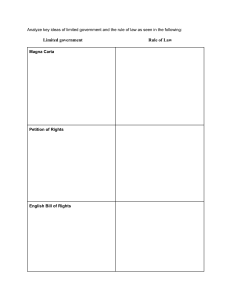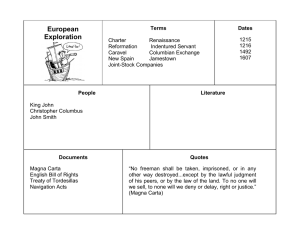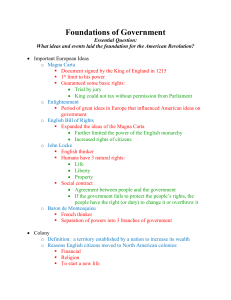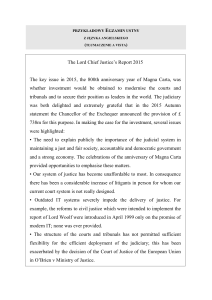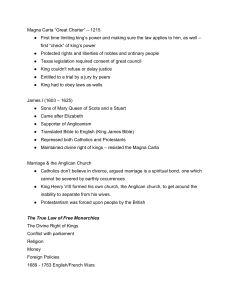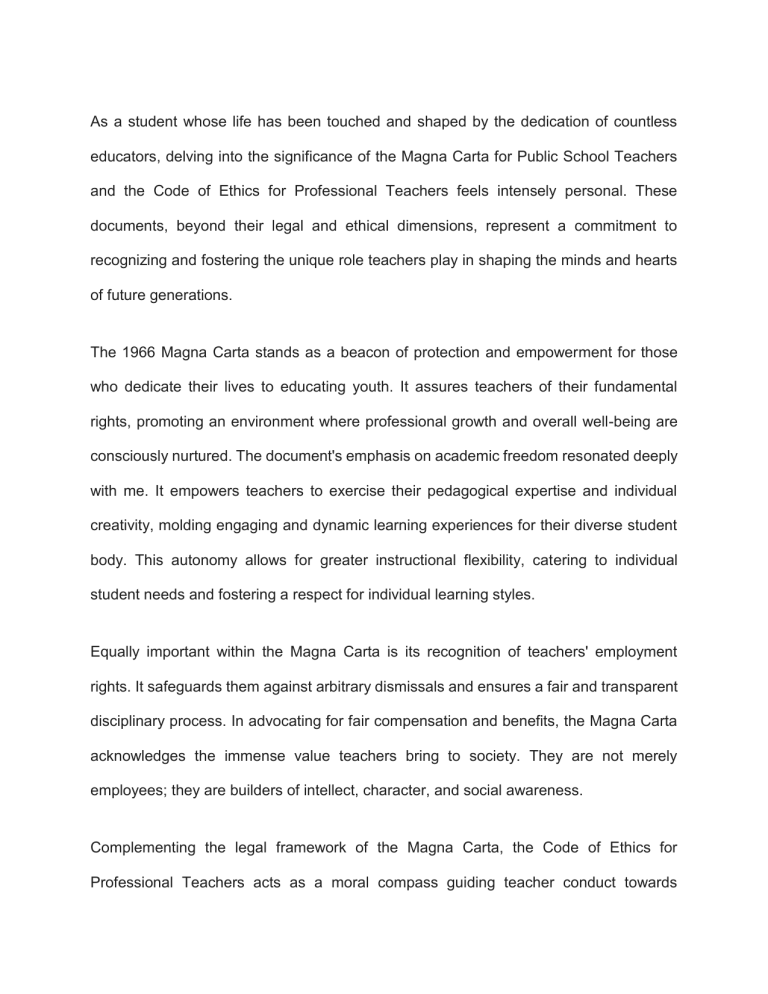
As a student whose life has been touched and shaped by the dedication of countless educators, delving into the significance of the Magna Carta for Public School Teachers and the Code of Ethics for Professional Teachers feels intensely personal. These documents, beyond their legal and ethical dimensions, represent a commitment to recognizing and fostering the unique role teachers play in shaping the minds and hearts of future generations. The 1966 Magna Carta stands as a beacon of protection and empowerment for those who dedicate their lives to educating youth. It assures teachers of their fundamental rights, promoting an environment where professional growth and overall well-being are consciously nurtured. The document's emphasis on academic freedom resonated deeply with me. It empowers teachers to exercise their pedagogical expertise and individual creativity, molding engaging and dynamic learning experiences for their diverse student body. This autonomy allows for greater instructional flexibility, catering to individual student needs and fostering a respect for individual learning styles. Equally important within the Magna Carta is its recognition of teachers' employment rights. It safeguards them against arbitrary dismissals and ensures a fair and transparent disciplinary process. In advocating for fair compensation and benefits, the Magna Carta acknowledges the immense value teachers bring to society. They are not merely employees; they are builders of intellect, character, and social awareness. Complementing the legal framework of the Magna Carta, the Code of Ethics for Professional Teachers acts as a moral compass guiding teacher conduct towards students, colleagues, and the wider community. It emphasizes the teacher's role as a role model, embodying values of integrity, respect, and social responsibility. The code encourages teachers to embody professionalism in every action, uphold a dignified demeanor, and avoid any behaviors that could tarnish the profession's reputation. It implores them to treat students with fairness, ensuring an equitable learning environment free of discrimination and promoting a strong sense of social justice within the classroom. Looking beyond the walls of the school, the code calls upon teachers to actively engage in community service. This call for action embodies the belief that educators are not only imparters of knowledge but also agents of positive social change. Their involvement in community initiatives showcases a commitment to the values instilled in their classrooms and reinforces the vital role teachers play in shaping a brighter future for society as a whole. Together, the Magna Carta and Code of Ethics weave a comprehensive framework which supports and guides the teaching profession. The former provides a legal foundation for rights and protections, while the latter offers a moral guidepost for actions and decisions. This joint system fosters a culture of respect for teachers, ensuring they are valued, empowered, and equipped to make a profound impact on their students' lives and consequently, on the future of our nation. As a student deeply touched by the dedication and passion of my own teachers, experiencing the security and guidance offered by these documents fills me with immense gratitude. They empower educators with valuable tools and set a high standard for the profession. They highlight the immense responsibility entrusted to teachers as well as the remarkable contributions they make to society. This understanding fills my heart with an aspiration to follow in their footsteps, upholding values of integrity, academic excellence, and social responsibility, and contribute to building a brighter future by joining the noble profession of teaching.
